Overdose Awareness Day
On this International Overdose Awareness Day, please take the time to remember those who have succumbed to drug dependency. Drug addiction is a serious medical condition affecting the physical, psychological, and social health of those affected. Since 1999, deaths related to drug overdose have steadily increased in the United States (US). In 2014 there was a dramatic increase in deaths related to fentanyl and other synthetic drugs of abuse . Overall, death rates related to prescription opioids have remained high since 1999. (National Institute of Health, 2020)
Despite recent legislative efforts to curb the opioid epidemic, including limiting supplies of prescription opioids, the US population remains in the grip of this public health crisis with continued widespread prescription opioid misuse, and fentanyl and heroin addiction. Local, state, and federal agencies continue to combat the current opioid crisis. We continue to experience nearly 70,000 deaths related to drug overdoses annually and more than 40,000 of these deaths are linked to opioid misuse and abuse, are these efforts making a difference nation-wide? (National Safety Council, 2020) And more specifically, how effective are the programs instituted in Michigan to fight the opioid crisis?
At the end of 2019, national overdose-related deaths reached its highest number in more than 20 years. Based on current data in Michigan, the number of overdose-related deaths decreased by 6% from January 2019 to January 2020 (Center for Disease Control and Prevention, 2020). The Substance Abuse and Mental Health Services Administration (SAMHSA), The National Safety Council (NSC), Health Resources and Services Administration (HRSA), the National Institutes of Health (NIH), and the Center for Disease Control and Prevention (CDC) have been spearheading initiatives by providing guidance and resources to assist states and healthcare providers to help those with opioid use disorder
Many resources are available to help healthcare providers and patients in Michigan. The Michigan Department of Health and Human Services (MDHHS) and the University of Michigan Injury Prevention Center have created the Michigan Safer Opioid Prescribing Toolkit to aid healthcare providers in safely prescribing and managing patient use of opioids for pain. Narcan® (naloxone) which can save the life of those at risk from opioid overdoses, is available without a prescription. For a list of pharmacies approved to dispense naloxone, visit the MDHHS website at michigan.gov/mdhhs/. In southeast Michigan, the Crisis & Addiction Response Team (CART), in conjunction with the Team Wellness Center is available to respond to and assist healthcare providers caring for patients in opioid related crisis and initiate medication assisted treatment if desired. To find treatment for opioid use disorder or addiction in your area visit findtreatment.gov, or call the Substance Abuse and Mental Health Services Administration at 1-800-622-4357.
The Michigan Poison Center at the Wayne State University School of Medicine urges anyone with opioid use disorder to seek treatment as soon as possible. Please seek care at a local emergency room or with a healthcare provider to help you access the care you need toward recovery. If you have questions about addiction or opioid use disorder call your poison center at
800-222-1222. Our specialists are available all day, every day of the year. For more resources and information visit our web page at www.mipoisonhelp.org.
Works Cited
Center for Disease Control and Prevention. (2020, August 2). National Center for Health Statistics. Retrieved from Vital Statistics Rapid Release: https://www.cdc.gov/nchs/nvss/vsrr/drug- overdose-data.htm#data-tables
Michigan Medicine. (2019, November 15). U-M and MDHHS launch a one-stop website to guide safe pain treatment across Michigan and beyond. U of M Health, p. 1.
National Institute of Health. (2020, March 10). National Institute on Drug Abuse. Retrieved from Trends & Statistics: https://www.drugabuse.gov/drug-topics/trends-statistics/overdose-death-rates
National Institutes of Health. (2020, July 2). National Institute on Drug Abuse. Retrieved from www.drugabuse.gov: https://wwwdrugabuse.gov/drug-topics/opioids/opioid-summaries-by- state/michigan-opioid-involved-deaths-related-harms
National Safety Council. (2020, August). NSC. Retrieved from NSC.org: https://www.nsc.org/home- safety/safety-topics/opioids/international-overdose-awareness-day

